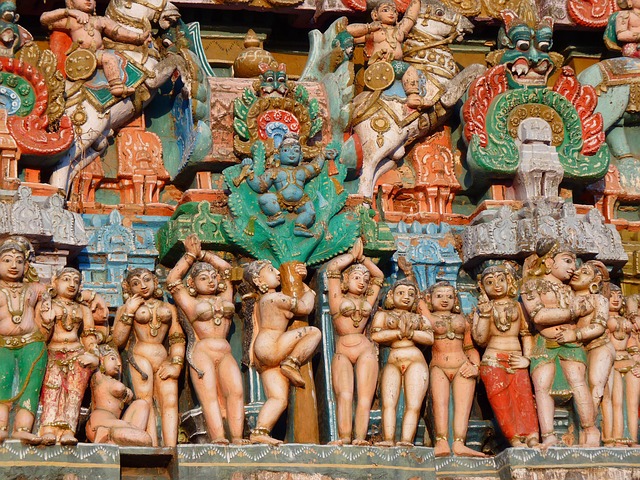The Divine Power of Ares: Exploring the God of War in Greek Religion
Ares, the Greek god of war, embodies the tumultuous nature of conflict and the intense emotions it evokes. As the son of Zeus and Hera, Ares is often depicted as a powerful and formidable figure, striking fear and awe in the hearts of mortals and gods alike. In ancient Greek religion, he served as a personification of warfare, chaos, and violence, acting as a reminder of the brutality that accompanies human strife.
Unlike other gods who symbolize order, harmony, and prosperity, Ares embraced the chaos of battle. His presence in mythology often symbolizes the darker side of war—bloodshed, destruction, and the suffering that ensues from human conflict. In a society that valued heroism and honor in battle, Ares serves as a paradox; while he was worshiped as the deity of warfare, he was also feared for his volatile nature.
The worship of Ares was complex. While some saw him as a necessary force to be respected, others viewed him with disdain. Many Greek city-states built temples dedicated to this god, believing he could grant them victory in battle. However, it was often the more strategic and tactical approach to warfare that garnered the favor of the gods. In this sense, Ares was both revered and reviled, a symbol of the raw power that could lead to glory or ruin.
Ares was often depicted in art and literature as a handsome yet fierce warrior, clad in armor and accompanied by the sounds of clashing weapons. His association with bloodshed was so profound that even his children, the personifications of violence and fear, such as Phobos (Fear) and Deimos (Terror), reflect his fearsome legacy. These figures serve to amplify the emotional resonance of war in Greek culture, tapping into the deep fears and aspirations of humanity as they navigate the complexities of conflict.
The duality of Ares’ character resonates with the struggles we face in our own lives. Just like the ancient Greeks recognized the importance of war, we too confront our battles—personal and societal. From the philosophical aspects of human existence to the very real conflicts we face today, Ares remains a reminder of both the courage needed to endure battles and the path toward finding peace amid turmoil. Through understanding Ares, we can explore our feelings about conflict, bravery, and the pursuit of honor, linking ancient mythology with our personal narratives.
As we delve deeper into the rich tapestry of Greek religion, it becomes clear that Ares is not just a representation of war; he is an embodiment of the human spirit that grapples with the challenges of existence. Through Ares, many find a sense of comfort in acknowledging the chaos within and around us, understanding that from the ashes of conflict can rise new beginnings.
Ultimately, exploring the divine power of Ares invites us to reflect on our own battles, inspiring us to confront the fears and uncertainties that life presents. In remembering Ares, we embrace the complexities of being human, and in doing so, we may just discover the resilience required to navigate our own wars, both big and small.




